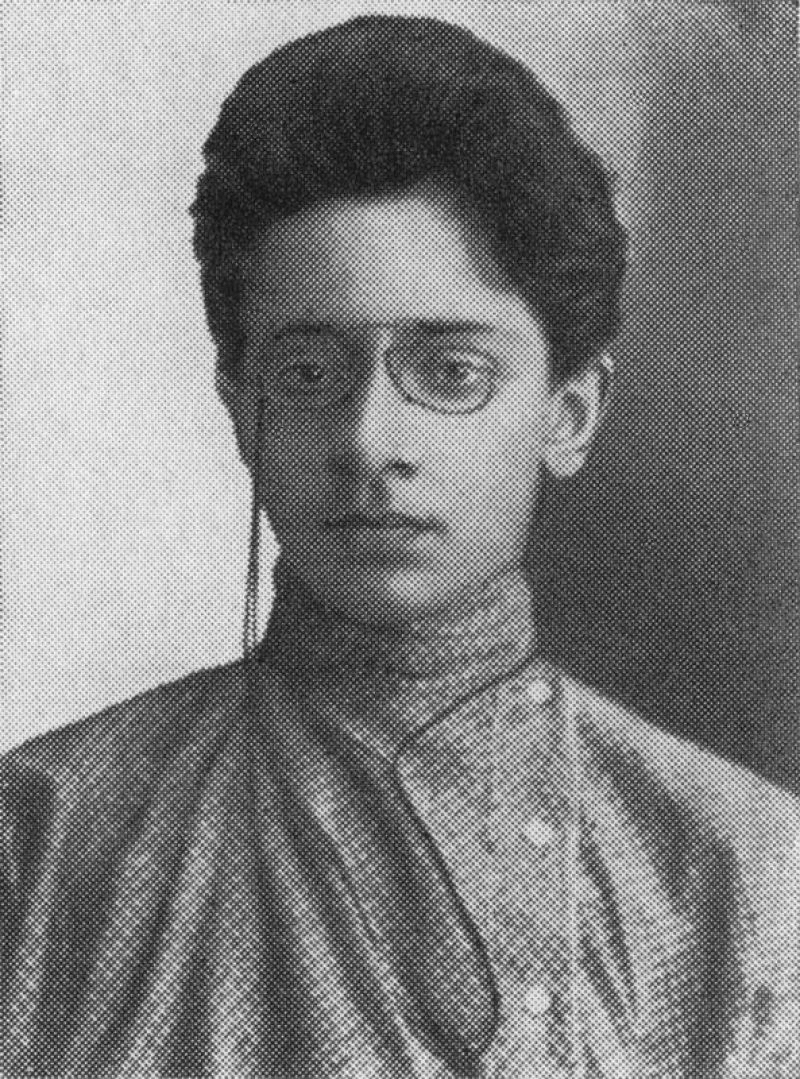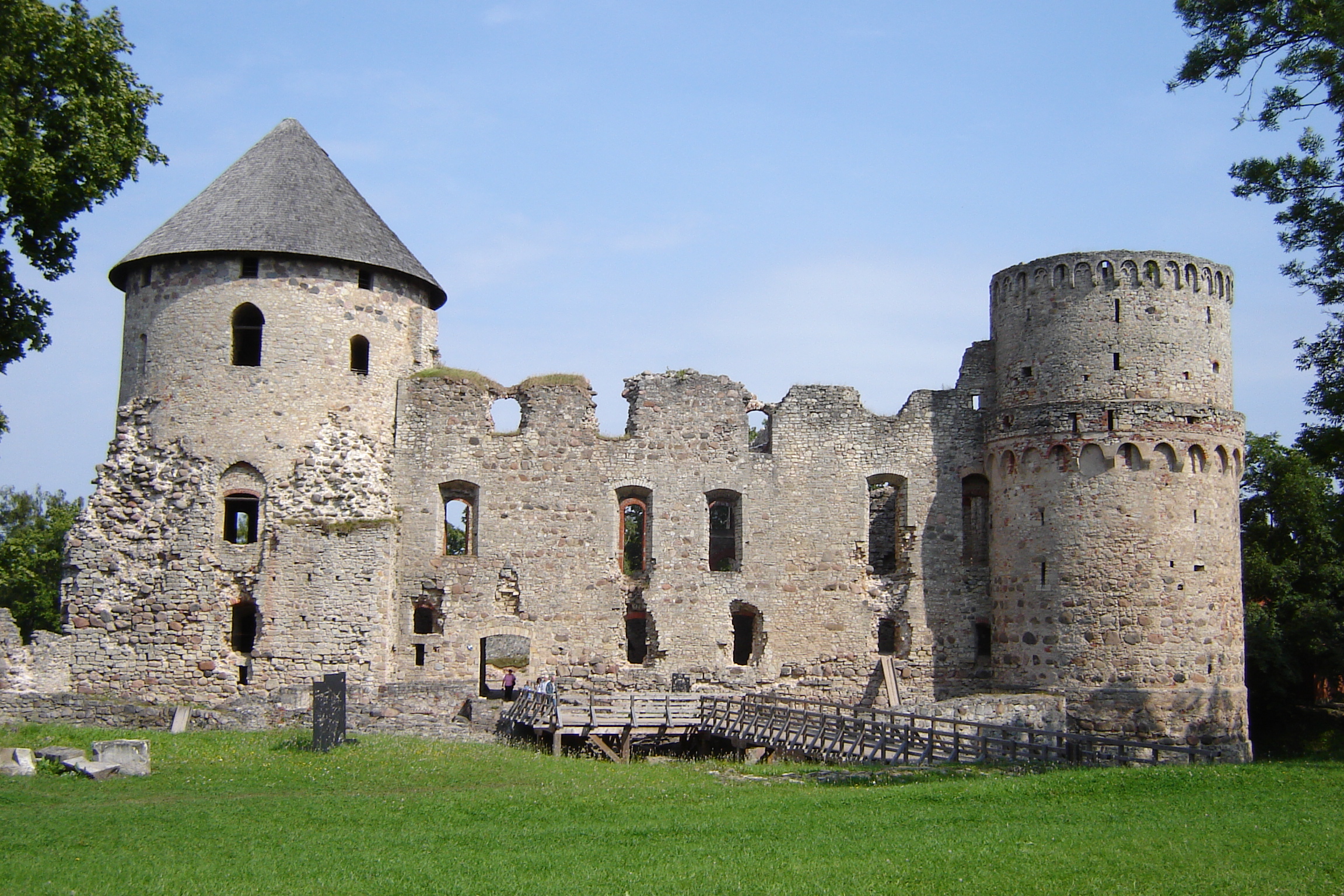|
Milrevcom
The Military Revolutionary Committee (russian: Военно-революционный комитет, ) was the name for military organs created by the Bolsheviks under the soviets in preparation for the October Revolution (October 1917 – March 1918).Military Revolutionary Committees . The committees were powerful directing bodies of revolt, installing and securing the Soviet power. They executed a role of provisional extraordinary organs of power. The most notable ones were those of the |
Petrograd Soviet
The Petrograd Soviet of Workers' and Soldiers' Deputies (russian: Петроградский совет рабочих и солдатских депутатов, ''Petrogradskiy soviet rabochikh i soldatskikh deputatov'') was a city council of Petrograd (Saint Petersburg), the capital of Russia at the time. For brevity, it is usually called the Petrograd Soviet (russian: Петроградский совет, ''Petrogradskiy soviet''). The Soviet was established in March 1917 after the February Revolution as a representative body of the city's workers and soldiers, while the city already had its well-established city council, the (Central Duma). During the revolutionary days, the council tried to extend its jurisdiction nationwide as a rival power center to the Provisional Government, creating what in Soviet historiography is known as the '' Dvoyevlastiye'' (Dual power). Its committees were key components during the Russian Revolution and some of them led the armed revolt of the ... [...More Info...] [...Related Items...] OR: [Wikipedia] [Google] [Baidu] |
Petrograd Military Revolutionary Committee
The Petrograd Military Revolutionary Committee (russian: Петроградский военно-революционный комитет) was a militant group of the Petrograd Soviet and one of several military revolutionary committees that were created in the Russian Republic. Initially the committee was created on 25 October 1917 after the German army secured the city of Riga and the West Estonian Archipelago (see Operation Albion). The committee's resolution was adopted by the Petrograd Soviet on October 29, 1917. From October 29 to November 11, 1917 it was a body of the Petrograd Soviet, later the All Russian Central Executive Committee. From November 8, 1917 to December 18, 1917 the committee was the highest extraordinary body of state power. All its activities were conducted under the supervision of the Central Committee of the RSDLP(b) and Lenin, who was a member, personally. Among its numerous other members were Leon Trotsky, Nikolai Podvoisky, Felix Dzerzhinsky, Yak ... [...More Info...] [...Related Items...] OR: [Wikipedia] [Google] [Baidu] |
October Revolution
The October Revolution,. officially known as the Great October Socialist Revolution. in the Soviet Union, also known as the Bolshevik Revolution, was a revolution in Russia led by the Bolshevik Party of Vladimir Lenin that was a key moment in the larger Russian Revolution of 1917–1923. It was the second revolutionary change of government in Russia in 1917. It took place through an armed insurrection in Petrograd (now Saint Petersburg) on . It was the precipitating event of the Russian Civil War. The October Revolution followed and capitalized on the February Revolution earlier that year, which had overthrown the Tsarist autocracy, resulting in a liberal provisional government. The provisional government had taken power after being proclaimed by Grand Duke Michael, Tsar Nicholas II's younger brother, who declined to take power after the Tsar stepped down. During this time, urban workers began to organize into councils (soviets) wherein revolutionaries criticized the pro ... [...More Info...] [...Related Items...] OR: [Wikipedia] [Google] [Baidu] |
Andrei Bubnov
Andrei Sergeyevich Bubnov (russian: Андре́й Серге́евич Бу́бнов; 23 March 1883 – 1 August 1938) was a Russian Bolshevik revolutionary leader, one of Bolshevik leaders in Ukraine, Soviet politician and military leader and member of the Left Opposition. Life Early career Bubnov was born in Ivanovo-Voznesensk in Vladimir Governorate (now Ivanovo, Ivanovo Oblast, Russia) on 23 March 1883. into a local Russian merchant's family. He was expelled from Moscow University for revolutionary activities. He studied at the Moscow Agricultural Institute and while a student joined the Russian Social Democratic Labour Party (RSDLP) in 1903. He was a supporter of the Bolshevik faction of the party. In summer 1905, he joined the Ivanono-Voznesensk party committee, and was their delegate to the 4th (1906) and 5th (1907) Party Conferences in Stockholm and London. In 1907–08, he was a member of the RSDLP's Moscow committee, and of the Bolshevik committee for the ... [...More Info...] [...Related Items...] OR: [Wikipedia] [Google] [Baidu] |
Moisei Uritsky
Moisei Solomonovich Uritsky ( ua, Мойсей Соломонович Урицький; russian: Моисей Соломонович Урицкий; – 30 August 1918) was a Bolshevik revolutionary leader in Russia. After the October Revolution, he was Chief of Cheka of the Petrograd Soviet. Uritsky was assassinated by Leonid Kannegisser, a military cadet, who was executed shortly afterwards. Family Uritsky was born in the city of Cherkasy, Kiev Governorate, to a Jewish Litvak family. His father, a merchant, died when Moisei was little and his mother raised her son by herself. He attended the Bila Tserkva Gymnasium, supporting himself through teaching and became an active social democrat. Early political career Moisei studied law at the St. Vladimir Imperial University of Kiev. During his studies he joined the Russian Social Democratic Labour Party and organized an underground network for importing and distributing political literature. In 1897 he was arrested and exil ... [...More Info...] [...Related Items...] OR: [Wikipedia] [Google] [Baidu] |
Yakov Sverdlov
Yakov Mikhailovich Sverdlov (russian: Яков Михайлович Свердлов; 3 June Old_Style_and_New_Style_dates">O._S._22_May.html" ;"title="Old_Style_and_New_Style_dates.html" ;"title="nowiki/>Old Style and New Style dates">O. S. 22 May">Old_Style_and_New_Style_dates.html" ;"title="nowiki/>Old Style and New Style dates">O. S. 22 May 1885 – 16 March 1919) was a Bolshevik Party administrator and chairman of the All-Russian Central Executive Committee from 1917 to 1919. He is sometimes regarded as the first head of state of the Soviet Union, although it was not established until 1922, three years after his death. Born in Nizhny Novgorod to a Jewish family active in revolutionary politics, Sverdlov joined the Russian Social Democratic Labour Party in 1902 and supported Vladimir Lenin's Bolshevik faction during an ideological split. He was active in the Urals during the failed Revolution of 1905, and in the next decade, he was subjected to constant imprisonment an ... [...More Info...] [...Related Items...] OR: [Wikipedia] [Google] [Baidu] |
Felix Dzerzhinsky
Felix Edmundovich Dzerzhinsky ( pl, Feliks Dzierżyński ; russian: Фе́ликс Эдму́ндович Дзержи́нский; – 20 July 1926), nicknamed "Iron Felix", was a Bolshevik revolutionary and official, born into Poland, Polish nobility. From 1917 until his death in 1926, Dzerzhinsky led the first two Soviet National Security, state-security organizations, the Cheka and the OGPU, establishing a Chronology of Soviet secret police agencies, secret police for the Russian Revolution, post-revolutionary Sovnarkom, Soviet regime. He was one of the architects of the Red Terror and decossackization. Early life Felix Dzerzhinsky was born on 11 September 1877 to ethnically Poles, Polish parents of noble descent, at the Dzerzhinovo family estate, about from the small town of Ivyanets in the Minsk Governorate of the Russian Empire (now Belarus). In the Russian Empire, his family was of a type known as "Uradel, column-listed nobility" (russian: столбовое двор ... [...More Info...] [...Related Items...] OR: [Wikipedia] [Google] [Baidu] |
Joseph Stalin
Joseph Vissarionovich Stalin (born Ioseb Besarionis dze Jughashvili; – 5 March 1953) was a Georgian revolutionary and Soviet political leader who led the Soviet Union from 1924 until his death in 1953. He held power as General Secretary of the Communist Party of the Soviet Union (1922–1952) and Chairman of the Council of Ministers of the Soviet Union (1941–1953). Initially governing the country as part of a collective leadership, he consolidated power to become a dictator by the 1930s. Ideologically adhering to the Leninist interpretation of Marxism, he formalised these ideas as Marxism–Leninism, while his own policies are called Stalinism. Born to a poor family in Gori in the Russian Empire (now Georgia), Stalin attended the Tbilisi Spiritual Seminary before joining the Marxist Russian Social Democratic Labour Party. He edited the party's newspaper, ''Pravda'', and raised funds for Vladimir Lenin's Bolshevik faction via robberies, kidnappings and protection ... [...More Info...] [...Related Items...] OR: [Wikipedia] [Google] [Baidu] |
Cēsis
Cēsis (), (german: Wenden, liv, Venden, et, Võnnu, pl, Kieś) is a town in Latvia located in the northern part of the Vidzeme Upland, Central Vidzeme Upland. Cēsis is on the Gauja, Gauja River valley, and is built on a series of ridges above the river overlooking the woods below. Cēsis was one of the candidate cities for the title of European Capital of Culture, European Capital of Culture 2014 (Riga was the Latvian city that won the title). Castle The oldest settlement in Cēsis is the hillfort on List of hillforts in Latvia, Riekstu hill, a fortified wooden castle built by a tribe known as the Vends. The mound with its partly preserved fortification system can still be seen in the Castle Park. This settlement was located near major trade routes from west to east and dominated the regional countryside. German crusaders known as the Livonian Brothers of the Sword began construction of a castle ''Wenden'' near the hill fort in 1209. When the castle was enlarged and f ... [...More Info...] [...Related Items...] OR: [Wikipedia] [Google] [Baidu] |
Jānis Čarin
Jānis is a Latvian masculine given name. The first written use of the name Jānis dates back to 1290. It may refer to: *Jānis Ādamsons (born 1956), Latvian politician *Jānis Akuraters (1876–1937), Latvian poet, writer, playwright and politician *Jānis Andersons (born 1986), Latvian ice hockey defenceman *Jānis Balodis (1881–1965), Latvian army general and politician *Jānis Frīdrihs Baumanis (1834–1891), Latvian architect *Jānis Bebris (1917–1969), Latvian footballer * Jānis Beinarovičs (1907–1967), Latvian wrestler * Jānis Bērziņš (1889–1938), Latvian and Soviet communist military official and politician * Jānis Bērziņš (born 1993), Latvian basketball player * Jānis Birks (born 1956), Latvian politician *Jānis Blūms (born 1982), Latvian professional basketball player *Jānis Bojārs (born 1956), Latvian shot putter *Jānis Brikmanis (1940–2019), Latvian zoologist, environmental conservationist, radio and television presenter, and writer *Jānis ... [...More Info...] [...Related Items...] OR: [Wikipedia] [Google] [Baidu] |
All-Russian Congress Of Soviets
The All-Russian Congress of Soviets evolved from 1917 to become the supreme governing body of the Russian Soviet Federative Socialist Republic from 1918 until 1936, effectively. The 1918 Constitution of the Russian SFSR mandated that Congress shall convene at least twice a year, with the duties of defining (and amending) the principles of the Soviet Constitution and ratifying peace treaties. The October Revolution ousted the provisional government of 1917, making the Congress of Soviets the sole, and supreme governing body. It is important to note that this Congress was not the same as the Congress of Soviets of the Soviet Union which governed the whole Soviet Union after its creation in 1922. For the earlier portion of its life, the Congress was a democratic body. Over Russia there were hundreds of soviets, democratic local governing bodies in which the surrounding population could participate. The soviets elected the delegates to the Congress, and then in turn the Congress hel ... [...More Info...] [...Related Items...] OR: [Wikipedia] [Google] [Baidu] |






